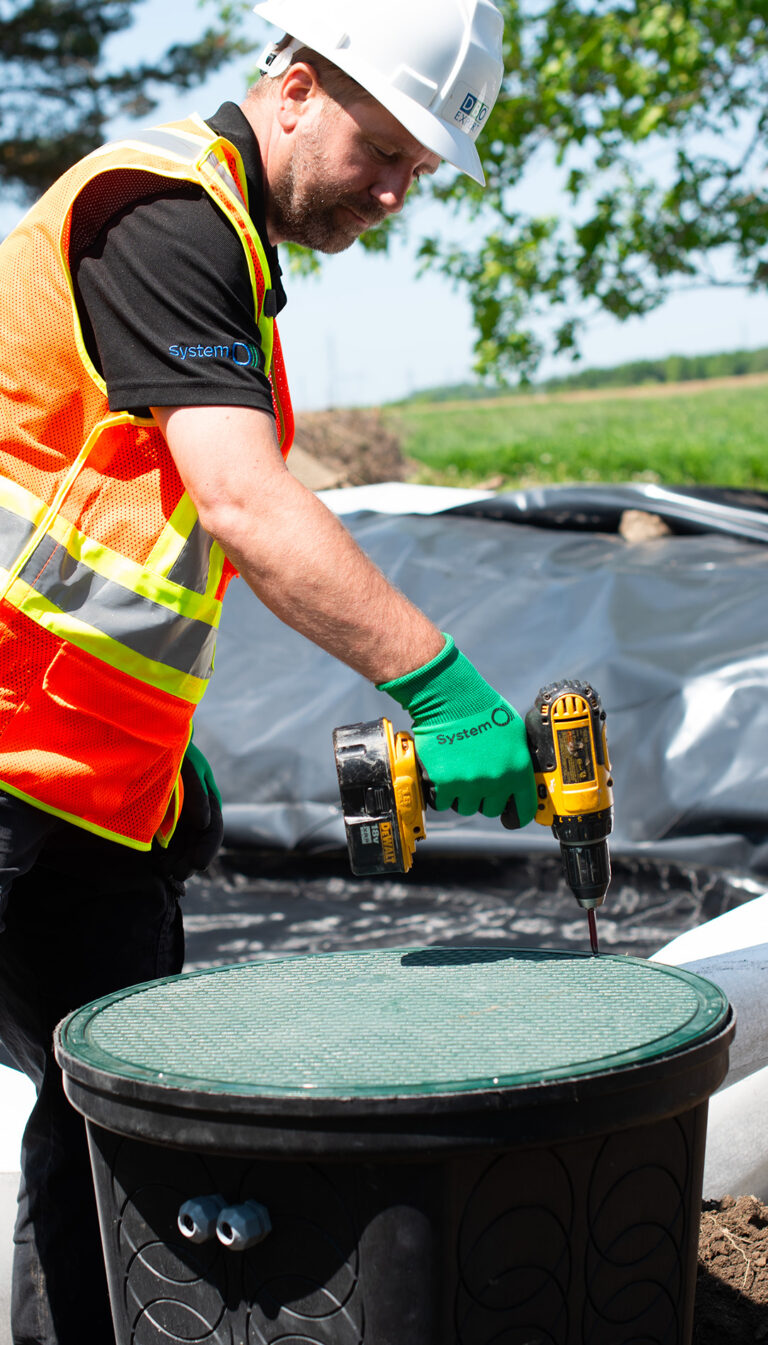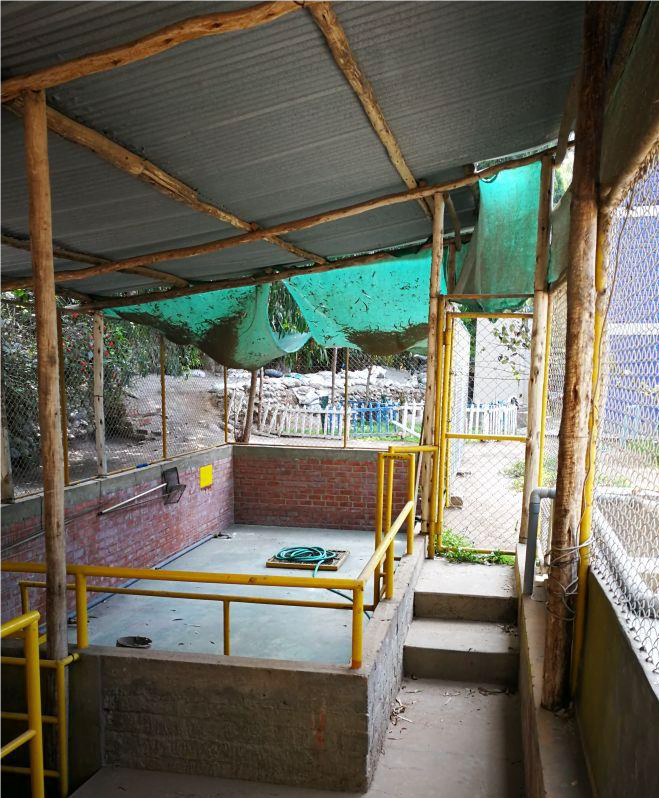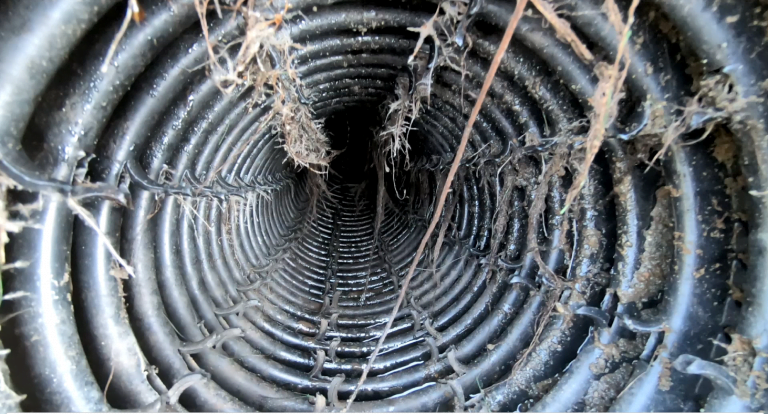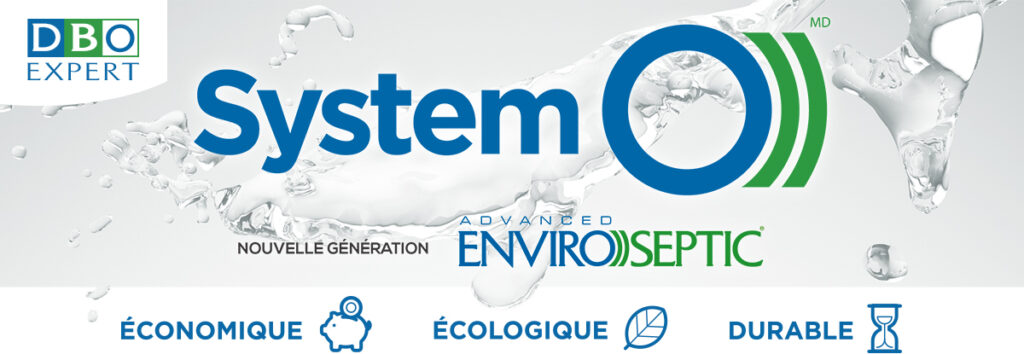How to choose a septic installation
Let’s face it, it’s the last thing on your mind when you’re building your dream home. And it’ll be the first thing to consider as you plan how to position your house and other buildings on your lot. But when you’re building, or own, an isolated dwelling–that is, a building not connected to a municipal sewage system–you will need to consider a septic system to treat your wastewater.
Why do I need to treat my wastewater?
Well, your wastewater comes from the sinks, showers, floor drains, appliances and toilets in your house. As such, the water contains soap and chemicals from cleaning agents, fecal matter, kitchen waste… whatever you dispose of this way. This water needs to be treated before it finds its way into your water table or nearby waterways or it could cause problems, including serious illness.
How do you treat wastewater?
Generally speaking, the ground on your lot can treat most of what is contained in domestic wastewater (wastewater from human activity in a house) after its initial treatment in the septic (or pre-treatment) tank. It all comes down to its permeability–that is, the property of the soil to transmit water and air–and its depth. If your soil is permeable with sufficient depth, all you need to do is disperse your wastewater over a surface area; the soil will treat domestic wastewater all on its own.
When these two factors are absent (there are exceptions, but we’re talking generally), you will need a system that can treat the water BEFORE it gets dispersed and infiltrated into the environment – this is called advanced treatment.
Advanced wastewater treatment standards
There are technologies on the Canadian market that treat wastewater, and there are a few standards in use that can certify if these technologies work. One is NSF/ANSI 40, an American standard certified by the National Sanitation Foundation (NSF). Another is CAN/BNQ 3680-600, a Canadian standard certified by the Bureau de normalisation du Québec (BNQ). The BNQ also certifies a Quebec standard – NQ 3680-910. The two BNQ standards are very similar in that both require a manufacturer to test their product in cold weather for a whole year. The NSF standard requires 6 months and has no cold-weather requirement.
So, I just pick the wastewater standard?
Unfortunately, it’s not that simple. Provincial governments decide which standard they want to accept on their territory. In addition, they will have a whole slew of specific requirements pertaining to the way it is designed, installed and maintained. Each province is different, so it gets complicated. That’s why as a homeowner, your first step is to contact a designer, who is trained in your province’s specificities and can recommend which systems will comply with the requirements.
What should I be looking for?
There are a few things to look out for, and their importance will depend on you.
- Installation cost – this is generally the main deciding factor.
- Annual cost – how much will I need to pay annually for maintenance? Are parts expensive or difficult to obtain?
- Maintenance – is there monthly or annual maintenance to do? Can you do it yourself? Are there parts to change regularly?
- Performance – a product’s certification will tell you if it does the work it’s supposed to.
- Size and adaptability – how much land do I have to sacrifice? Will I need to cut down my trees? Will there be a bump? What can I do with the surface of the system, if anything? What will it look like?
- Durability and warranty – How long will it last?
- Power input – what kind of electricity is required, if any?
- Sound output – how many decibels? How often does it run?
- Smell – in all cases, a properly installed system evacuates its gases safely from the roof vent.
- Customer service – is this company reliable? How long has it been in business? Are they easy to reach and friendly?
Each manufacturer has marketing material that extolls the virtues of its product, sometimes by diminishing the competition. Your designer may have preferences, as may your excavator. Consider that they do not need to live with the product for over 20 years; it’s not their home whose resale value may be affected. They will not be responsible for the maintenance bills that will come in years after the system was designed and installed. We highly recommend you do your research.
We at DBO Expert prefer to inform and educate so that homeowners can make their own choices. We’ve developed this little guide accordingly, which goes into greater detail than this blog post. We hope it helps!
Of course, if you’d prefer speaking directly to one of our experts, contact us here.






